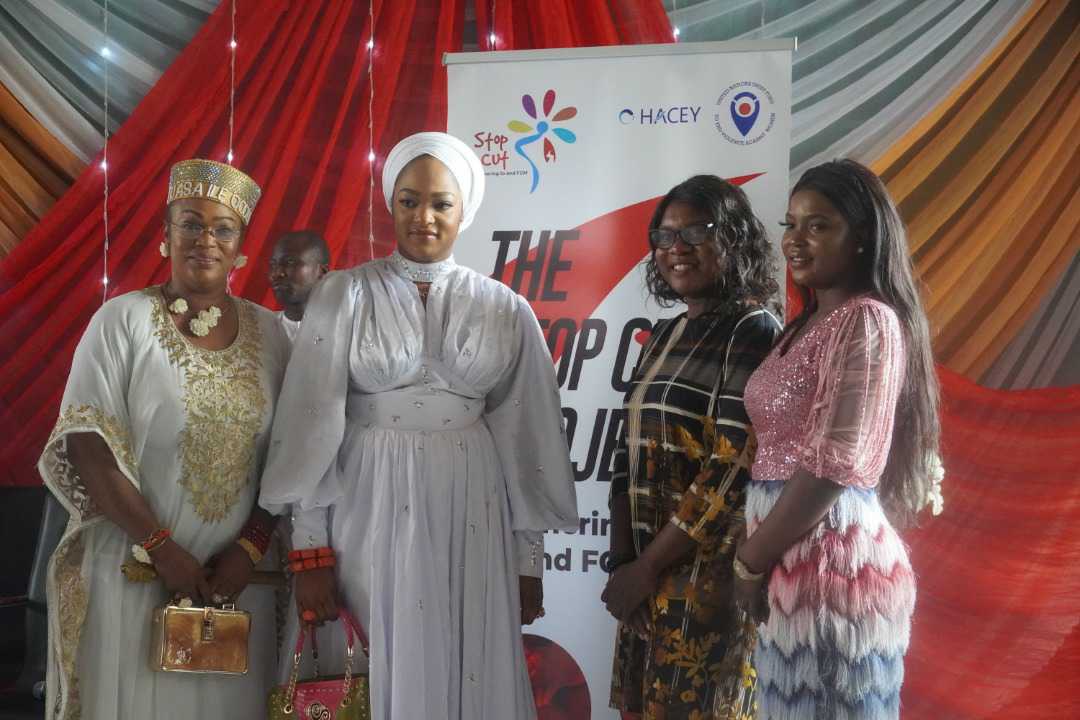
HACEY Health Initiative with funding from the United Nations Trust Fund for ending violence against Women (UN Trust Fund) has launched the Stop Cut project to reduce activities of Female Genital Mutilation (FGM) in three Nigeria Southwest states.
The UN Trust Fund is the only global grant-making mechanism dedicated exclusively to addressing all forms of violence against women and girls at local and national levels. This project will directly reach over 6000 women across Ekiti, Osun and Oyo States to prevent FGM.
The launch of the project also commemorates the International Day of Zero Tolerance for Female Genital Mutilation themed Unleashing Youth Power, focuses on mobilizing youths for advocating for the end of this harmful practice.
In the three-year project, HACEY will develop local capacities aimed at ending FGM in the three states. The project will build the capacity of critical stakeholders such as civil society organizations, media, religious and traditions leaders, government ministries, agencies and victims on advocacy and engagement with policymakers to formulate policies and laws on FGM at state and local levels.
The states were selected based on the high prevalence rate of FGM. According to the 2018 Nigeria Demographic and Health Survey, the prevalence of FGM in Ekiti, Osun and Oyo were 57.9%, 45.9% and 31.1% respectively, which is higher than the national average.
FGM/C has been identified as the violation of human rights of women and girls. In 2018, a Thomson Reuters Foundation report revealed that the prevalence of FGM/C among women of reproductive age in Nigeria is 24.8%, affecting over 20 million women and representing 10% of the global burden.
Despite the passage of the Violence Against Persons Prohibition (VAPP) Act and the existence of laws and policies against Gender-Based Violence, there is still a high record of FGM practice.
“Female Genital Mutilation is a violation of girls’ fundamental human right and cannot be justified by any cultural or religious myth,” HACEY Executive Director Rhoda Robinson said.
“Nigeria is a signatory to global declarations and policies that protects the rights of women and girls and protects them from gender-based violence.”
[ad unit=2]



